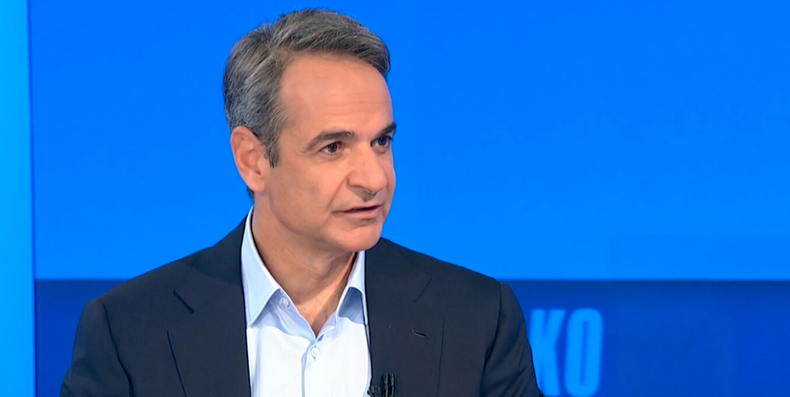“It’s not enough that we have a noose around our neck, we now have to contend with the (extreme) ideologies of the party’s rights’ advocates. It’s unthinkable that we’re shooting ourselves in the leg when the lenders are trying to strangle us,” was the phrase used by a minister to describe the radical leftist government’s handling of domestic policy, “handling” that has begun to eat away at the government’s support amongst the public opinion.
The report, by Stavros Lygeros, was top-selling Sunday paper Proto Thema’s lead front-page article over the weekend.
In reality, the article continues, the “clash” within the ruling party is between the small and often extreme minority views expressed by the “inner party” cadres and the majority of voters who gave the party and its leader Alexis Tsipras a plurality of the vote (nearly 37 percent) in the Jan. 25 election.
This contradiction comes amid the “special circumstances” of the current economic crisis and the fact that many centre-left and centre-right voters opted for SYRIZA with the sole criterion to end austerity policies.
This contradiction was seen in the composition of the Cabinet, which to a large degree reflects the “small SYRIZA” of 4 percent – of previous elections – and not the 36.4 percent it picked up last January. This observation has more to do with policies, rather than individuals.
The beginning came with a “low-level” issue that, however, affected several thousand families and set the tone for an “ideological” re-direction.
New Education Minister Aristeidis Baltas first provoked public opinion when he disputed the need for excellence in the secondary education system, and at the same time essentially announced the abolition of state magnet schools. A cascade of reaction caused him to take a step back, but the political fallout remained.
Illegal migrants
A new and even more worrying “change of policy” erupted when two ladies from SYRIZA’s human rights committee landed in the public order ministry and – in the name of (unelected) Alternate Minister for Citizens’ Safety Tasia Christodoulopoulou – started dictating a new (more … open border) migration policy to the police force’s top leadership. When a relevant document, pointing to the change of policy, leaked to the press and generated a political firestorm, the PM’s office merely spoke of a “provocation”, with the “fall guy” found in the form of a top police official.
Giving Christodoulopoulou the portfolio for migration policy was a classic tactic used by PM Tsipras to keep internal SYRIZA balances. The state, however, is not a microcosm of internal partisan politics. Tsipras used the same reasoning to nominate Zoi Konstantopoulou as parliament president.
According to one top SYRIZA cadre, “Zoi has never hidden her rigid and conflict-prone character. The responsibility for all that’s happening lies with Tsipras and not the former. You don’t need much of a brain to foresee how things would turn out (with Konstantopoulou).”
Returning to Christodoulopoulou, the wife of minister Thodoris Dritsas, belongs to SYRIZA’s “rights group”. These people want a policy of “open borders”, removal of a new fence guarding the border in Evros, the reception and inclusion and not the repatriation of illegal migrants, as well as the granting of citizenship not only those people born in Greece but to those who have resided here for many years.
Such policies may be popular within SYRIZA’s own party structures, but as opinion polls show, only an insignificant portion of society backs them. In their overwhelming majority, citizens, including ones that voted for SYRIZA, consider them dangerous.
Anarchism as a cloak for … hooliganism
Another contradiction between the ideological rigidity of the “lesser SYRIZA” and the “greater SYRIZA” that won the election also manifests itself on the issue of the so-called “anti-state” or “anarchist” activists – often young people with a propensity for nihilistic violence presented as an angst-filled anti-establishment movement.
The main opposition, of late, has focused much of its criticism on a legislative initiative that would appear to allow conditions for the home release of notorious “November 17” assassin Savvas Xiros, severely injured in 2002 when a bomb he was planting exploded prematurely.
Beyond the very “grown up” world of deadly urban terrorism, however, is the apparent tolerance shown by the government to street hooliganism, which in this case is cloaked in an “anti-state” and “anti-establishment” framework.
Occupations and violence by members of the so-called “anti-state” space have been an ubiquitous political phenomenon over the past decades in Greece, primarily in central Athens. However, it’s apparent over the past two months that intensification is underway.



































